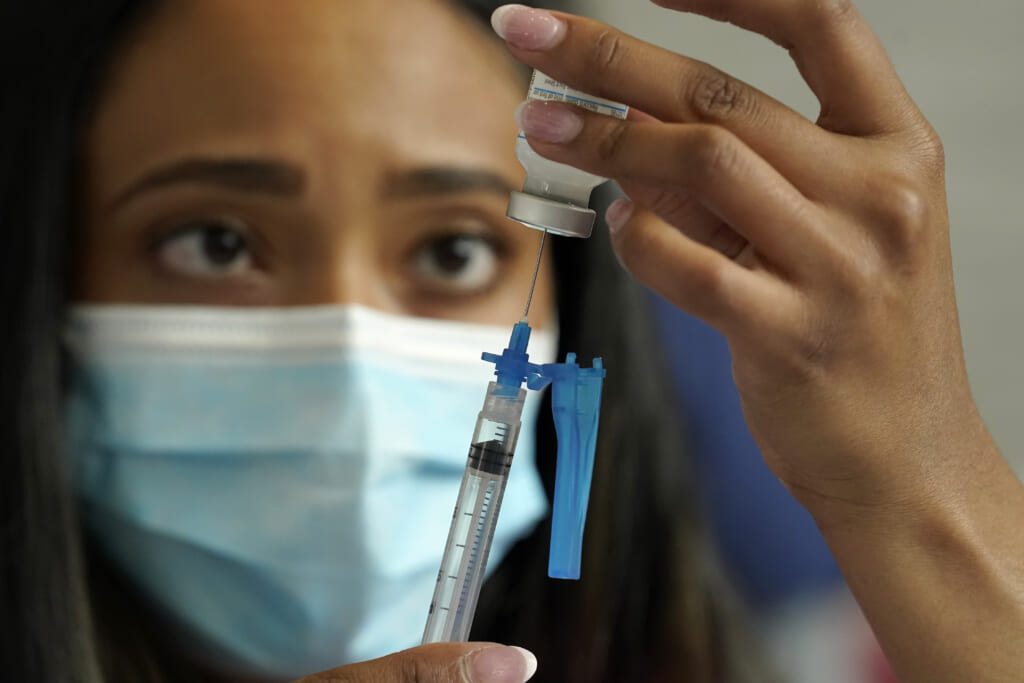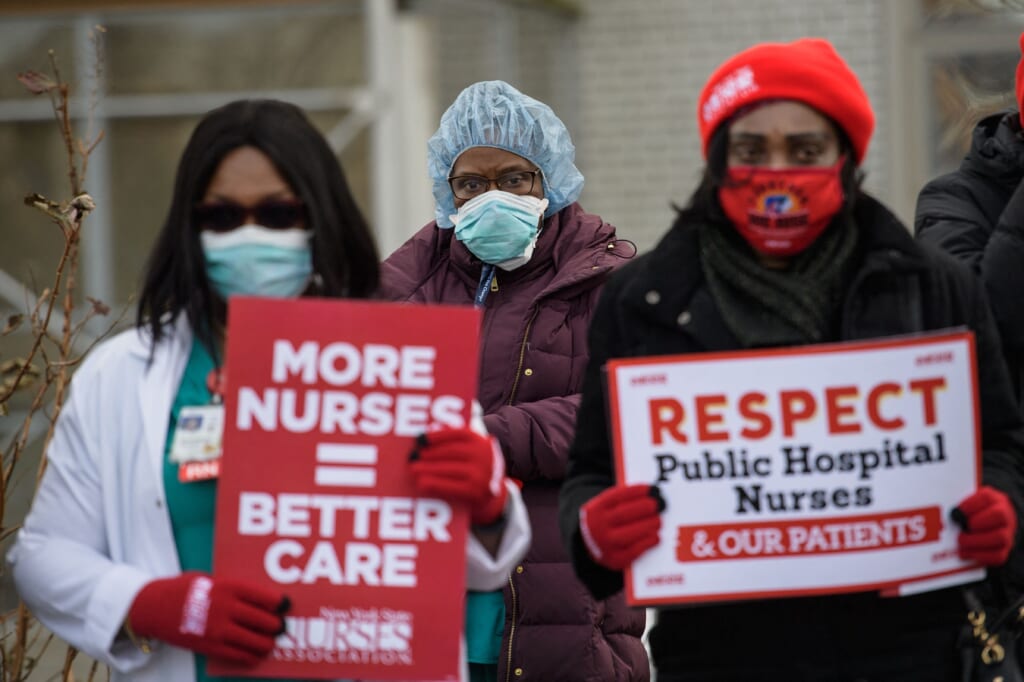The healthcare industry should make investments in Black women, who encompass a large segment of the field yet are saddled with low wages and a physically demanding job, new research shows.
A study in the journal Health Affairs examined the impact of racism and sexism and how they impact opportunities in the health care field.

“Black women are more overrepresented in health care and more concentrated in the lowest-wage direct care jobs (licensed practical nurse and aide occupations) than any other racial or ethnic group of women (and all men),” the study said.
The study also reports that though “the health care industry includes a wide range of jobs, the parts of the sector in which Black women are concentrated are characterized by low wages, lack of benefits and hazardous working conditions.”
The report notes that 23 percent of Black women in the job market work in health care, but most are likely to work in long-term care, as an aide or a licensed practical nurse.
Home care workers, when calculating mean wage, made just over $12 an hour in 2019, the report said. One in six live below the federal poverty level, and half the workers live in households classified as low-income.
Nursing assistants made almost $14 an hour. About half of Black and Hispanic direct care workers — those who provide home-health services — made less than $15 an hour.

In addition to low wages, “Scholars have also found that women of color in caregiving jobs often experience discriminatory treatment and racist abuse from both employers and care recipients,” the study noted.
Black women, it says, were systematically excluded from nursing schools until the 1960s, and overcoming that systematic discrimination has proven difficult. Then, when Black women did enter the nursing field, it was often into jobs deemed undesirable.
Black women work overwhelmingly in the health care jobs that have been constructed as menial, or the “dirty work” of care — direct care for older, disabled and ill bodies and bodily functions.
Shantonia Jackson, a certified nursing assistant, told The Washington Post she cares for 30 to 60 residents at one time, meaning there aren’t enough hours in the day to give them the attention they deserve.
The Health Affairs study recommends increasing pay and opportunities to help remedy the problems facing Black female health care workers.
“People act like, since we did it in slavery, we can do it again, and we still don’t have to get paid,” Jackson told The Post, “but it should be about being happy about your job, being proud that you can help take care of somebody’s loved one.”
Source link
 Black America Breaking News for the African American Community
Black America Breaking News for the African American Community

